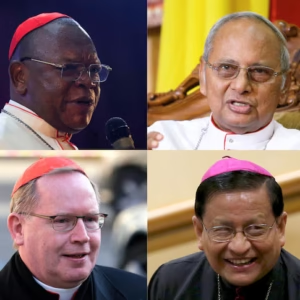Barbra Streisand’s outspoken criticism of Donald Trump and her potential decision to leave the U.S. if he is re-elected is reflective of a broader sentiment among some celebrities who have used their platforms to comment on political issues. Streisand, who has a long history of political advocacy, emphasizes her belief that artists have a responsibility to speak out against tyranny and injustice. Her music, especially pieces like “Don’t Lie to Me,” serves as a form of protest against what she views as the erosion of democratic values and the spread of misinformation.
Celebrities like Streisand often face mixed reactions when they use their influence to engage in political discourse. Some appreciate their willingness to speak up and challenge the status quo, viewing it as a vital contribution to public discourse. Others, however, criticize them for being out of touch with the everyday realities of many Americans.
The reactions from other celebrities, such as Chelsea Handler and Jon Stewart, illustrate the varying degrees of commitment to their initial threats to leave the country if Trump won in 2016. Handler’s reversal highlights a realization about the importance of remaining engaged, while Stewart’s humor underscores the frustration felt by many during Trump’s presidency.
Ultimately, the tension between art and politics remains a significant theme in contemporary discourse. Artists like Streisand see their work as a reflection of societal issues, and their willingness to speak up can inspire discussions about democracy, accountability, and the role of leadership in shaping the nation’s future. The conversation about whether and how celebrities should use their voices for political matters continues to evolve, with varying opinions from the public playing a crucial role in shaping that dialogue.


